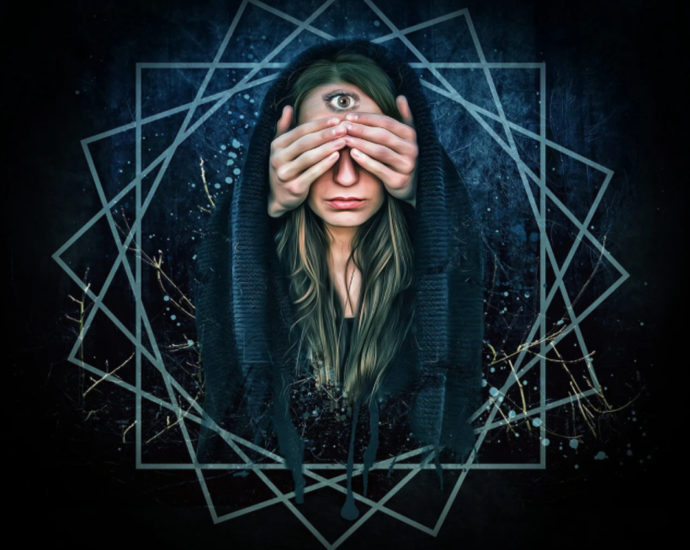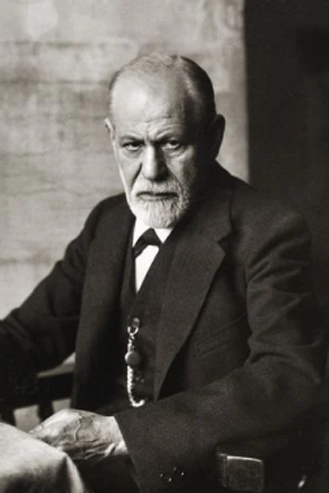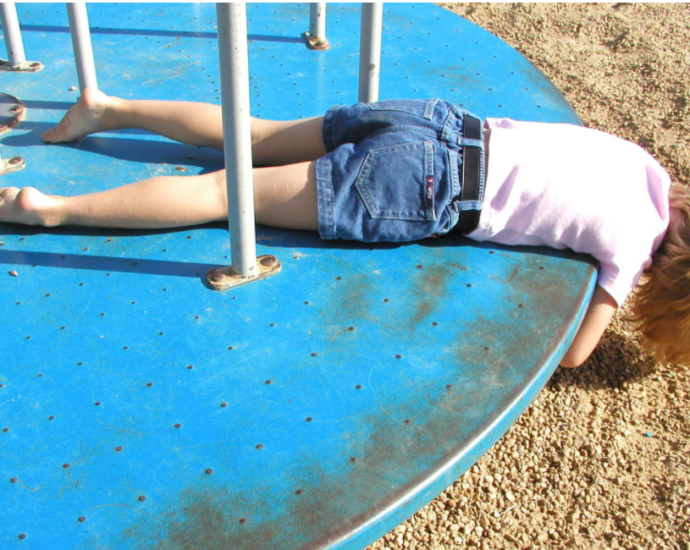False Memories
In numerous studies from around the world, people have witnessed an event, received or not received misleading information about it, and then taken a memory test. The repeated result is a misinformation effect. After receiving subtle misinformation, they have misremembered coke cans as peanut cans, breakfast cereal as eggs, andContinue Reading










